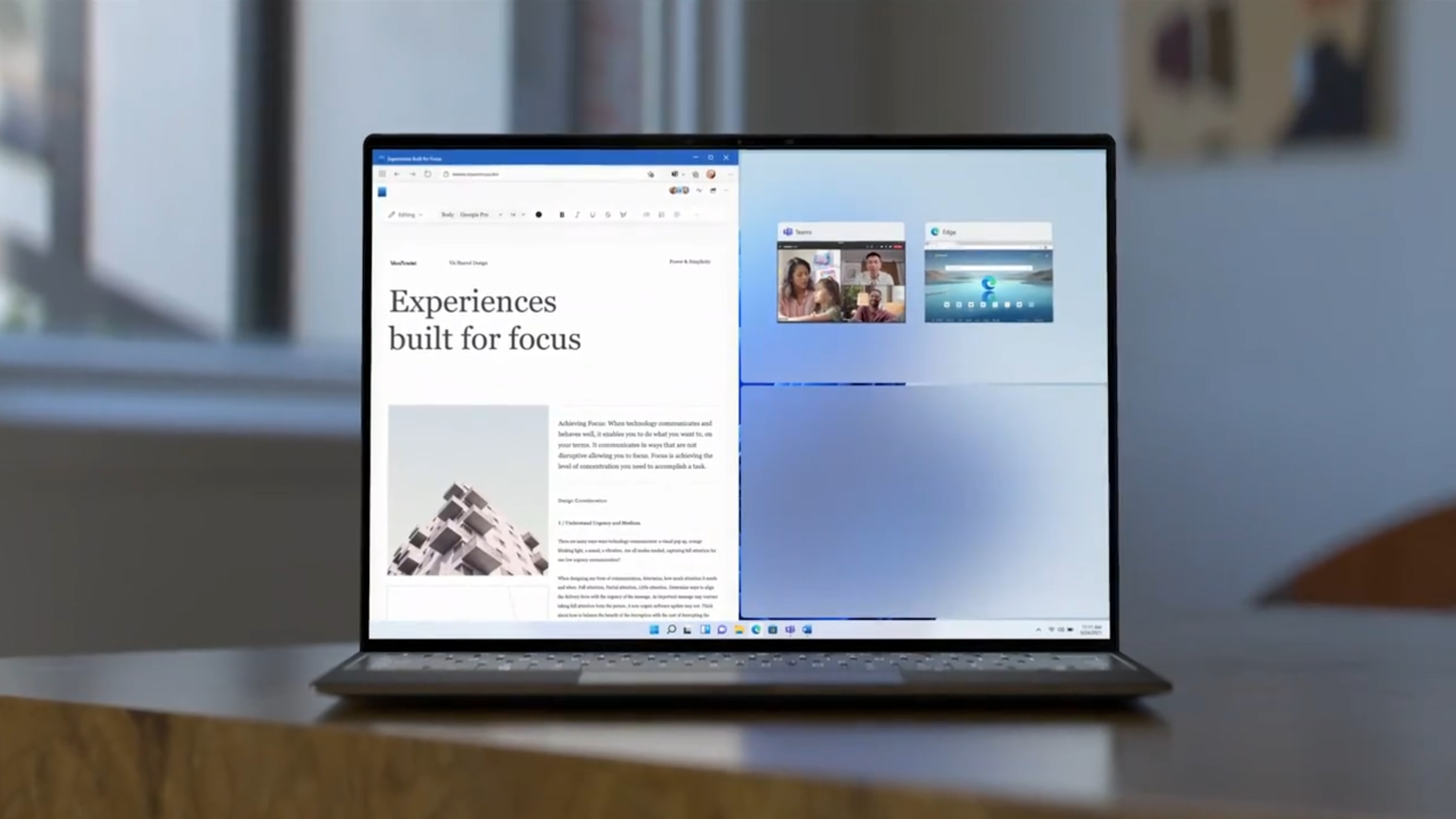Windows 11 has triggered a new wave of hardware scalping – but don’t panic
You most likely won’t have to worry about buying a standalone TPM module

Hardware scalpers have been the bane of PC owners and enthusiasts in a far more intense manner than ever before since pandemic-related component shortages and hardware demand spikes hit the market, and now it seems another PC part is in the sights of these nefarious price hikers.
That particular component is an add-in TPM or Trusted Platform Module for motherboards. A what-now? Well, quite – this is a strange one that requires a bit of explanation upfront. Deep breath…
- Windows 11 release date, news, and features
- We show you how to uninstall a Windows 10 update
- And here's how to speed up Windows 10
So, Windows 11 launched yesterday, and as well as the new features – and that shiny revamped interface – the operating system came with a serious curveball in the system requirements, namely a stipulation that TPM is needed to upgrade from Windows 10.
The Trusted Platform Module is basically a little security co-processor that beefs up your PC’s defenses against being tampered with, but you wouldn’t be alone if you’ve never heard of it (or had forgotten about it, perhaps).
Due to the TPM requirement, the PC Health Check app which Microsoft has made available to ascertain whether a computer is eligible for the Windows 11 upgrade is telling many folks with contemporary PCs that they can’t get the new OS.
The problem, then, is that those who get the thumbs-down are worried that they might need to buy a standalone TPM for their PC.
Enter scalpers stage left, as apparently in anticipation of the demand from would-be Windows 11 upgraders, they’re already buying up TPM chips, as highlighted by Shen Ye, Global Head of Hardware Products at HTC, on Twitter.
Get daily insight, inspiration and deals in your inbox
Sign up for breaking news, reviews, opinion, top tech deals, and more.
Thanks to Windows 11, people are scalping TPM2.0 modules as well now.$24.90 ➡ $99.90 in just 12 hours pic.twitter.com/9TTHC2c47wJune 25, 2021
As you can see, a Gigabyte TPM which normally goes for just over $20 (around £14, AU$26) on eBay has about quadrupled in price to hit the $100 or so mark (around £70, AU$130). Anecdotally, online we’ve also seen PC owners who’ve already snapped up a TPM for their motherboard pre-emptively in anticipation of such scalping occurring.
Don’t fear the scalper (in this case)
We shouldn’t panic about a full-blown scalping situation yet, of course, as this is still very much early days, but if there is a spike in demand for a less-than-well-stocked component like the TPM, it’s a tediously predictable scenario that scalpers will get involved.
However, there’s another good reason not to panic, as we already discussed earlier today – namely that you likely don’t need to get a TPM for your PC. Even though Microsoft’s PC Health Check tool might say that your hardware can’t run Windows 11, it might be the case that you have TPM, but it’s just not enabled in your firmware.
In other words, all you need to do is take a trip to the BIOS of your computer and enable it as we explain in the aforementioned article. Alternatively, you may have to wait for a BIOS update yet, but unless you have an older machine – from before 2016, when Microsoft made TPM a requirement for PC makers to include on Windows 10 devices – you’ll most likely not be left out in the cold.
Of course, there are some folks out there who may have to buy a separate TPM as a hardware add-on to run Windows 11 – at least if Microsoft leaves the operating system’s requirements as they stand – but that should be very much a minority of upgraders.
Still, this is far from an ideal situation because for one thing, it is a confusing picture – compounded by the fact that Microsoft’s Health Check app seems to be a touch buggy and prone to a bit of reporting false negatives. And for another thing, making less tech-savvy types head to the BIOS to do stuff like enable TPM is going to cause some serious headaches for sure (note that you also need to ensure that Secure Boot is turned on in the BIOS, too).
- These are the best laptops of 2021
Darren is a freelancer writing news and features for TechRadar (and occasionally T3) across a broad range of computing topics including CPUs, GPUs, various other hardware, VPNs, antivirus and more. He has written about tech for the best part of three decades, and writes books in his spare time (his debut novel - 'I Know What You Did Last Supper' - was published by Hachette UK in 2013).